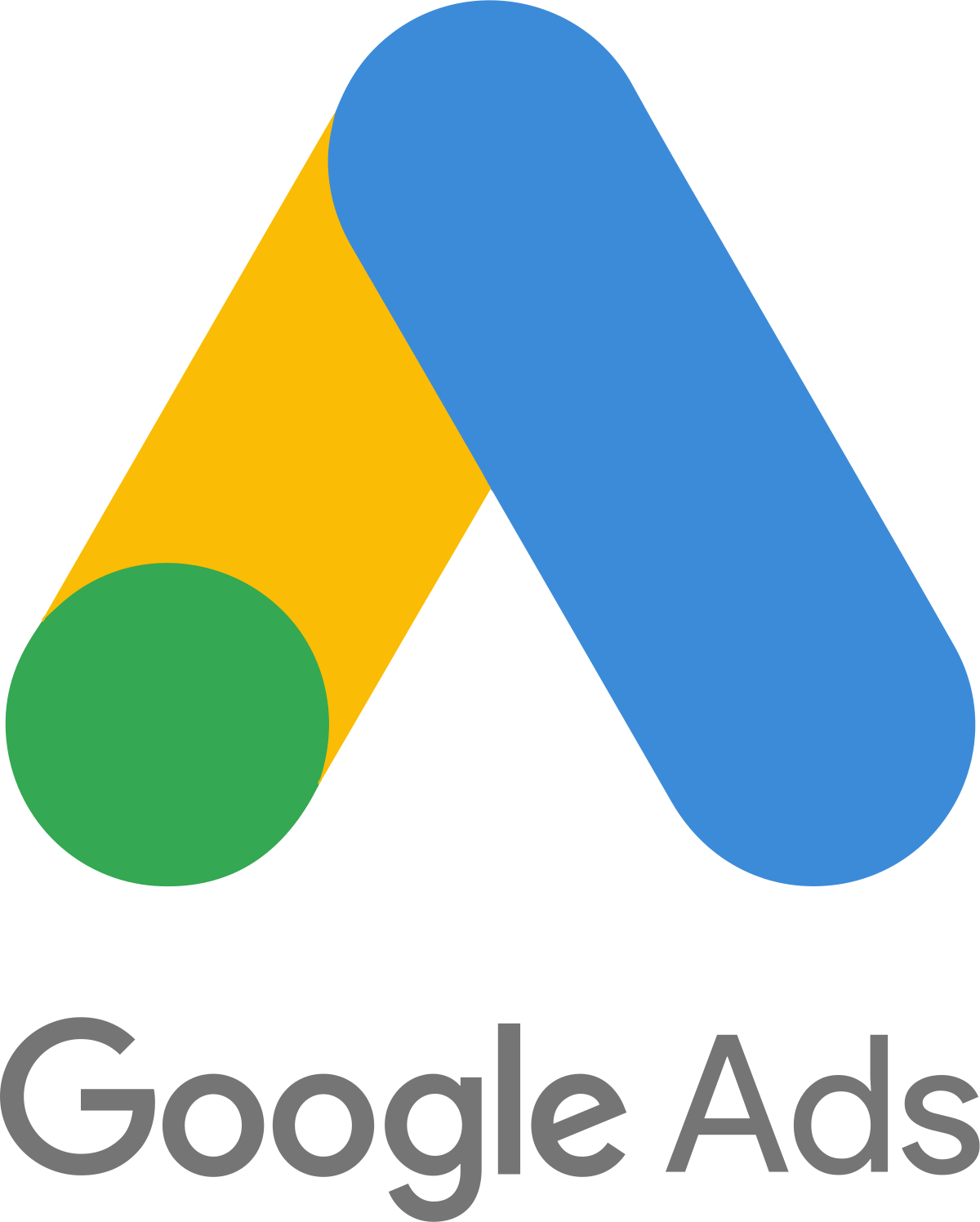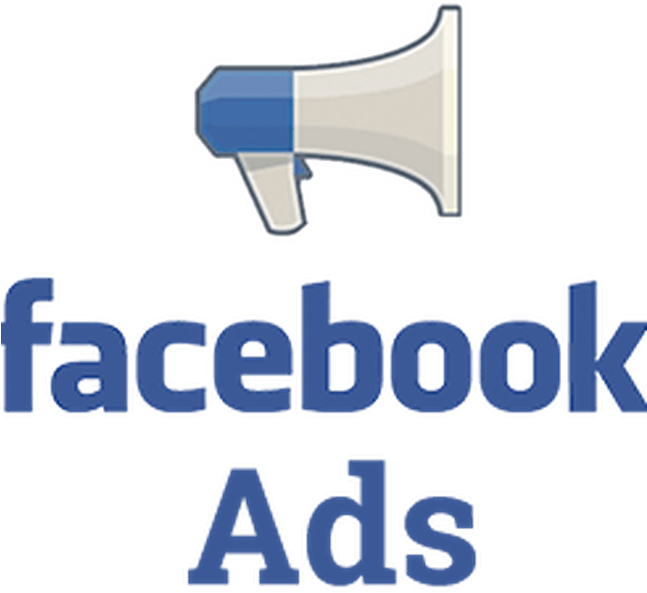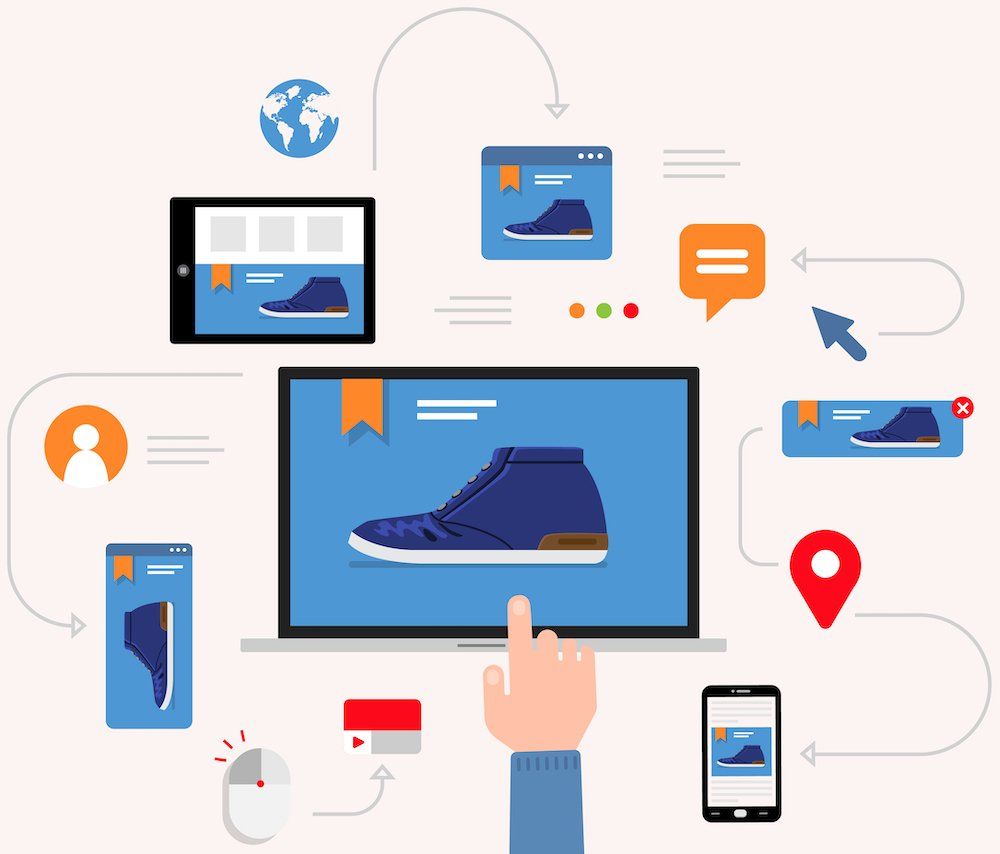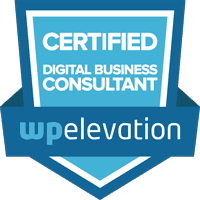SEARCH ENGINE MARKETING
What is Search Engine Marketing?
Search Engine Marketing or SEM refers to all activities associated with getting the website found in the search results when someone is searching for the type of product or service you offer.
Technically, SEO is part of SEM but these days SEM usually refers to all types of Online Paid Advertising such Google Ads; while SMM (Social Media Marketing) refers to Facebook Ads, LinkedIn Ads etc.
Sound simple, right? Well not really! ... read on.
Getting Leads through SEM and SMM
As already mentioned SEM often refers to Paid Advertising, the most well known being Google Ads (Adwords), and to a lesser extent Bing Ads. SMM, or Social Media Marketing, refers to Facebook Ads and the like.
SEM vs SMM
They are both PPC, so why use one over the other, or should you use both?
While both are great for bringing you leads they do so in two fundamentally different ways.
Google Ads are only shown to people people searching for a specific keyword. This means they are very targeted and typically more expensive. Google ads can convert very well if he campaigns and ads are such up correctly.
Facebook Ads are shown to people who match the audience criteria and appear within their Facebook account; they are not searching for a specific keywords, they just happen to match the audience the ad is targeting. This is disruptive marketing.
The cost per click (CPC) is much lower than Google Ads and the ads are shown multiple times. This is great for developing brand awareness and, as with any numbers game, if the ad is shown to enough people some will click. Due to the lower cost, SMM can also be effective in bringing leads to you.
Once you have the lead the job is not over. First you have to nurture the lead and at the sametime weed out the tire-kickers, leaving you truly interested potential customers.
PAY PER CLICK
Pay-per-click, PPC, is paid advertising where the advertiser only pays when people interact with their ad through impressions or clicks.
Pay-per-click advertising is most common in search engine results pages (SERPs), like Google or Bing, but is also used on social channels (such as Facebook Ads, YouTube Ads, LinkedIn Ads, and more). The Ads are typically shown in a prominent position, taking up prime real estate on the SERPs.
When PPC is done right, it can result high quality leads. Especially, if you nurture the leads correctly you can see great ROIs on your advertising budget.
PPC versus SEO
PPC and SEO both have the same goal - getting your website high in the search results and therefore bringing you website traffic and leads.
So how do you choose one over the other - PPC or SEO?
The simple answer is ..... you don't. Just because you are running PPC campaigns doesn't mean you should ignore SEO. SEO can bring organic results, but it does take time. Keywords have become very competitive and if your website hasn't reached the necessary authority and doesn't yet rank for those sought after keywords, then PPC can get your site found via ads.
This is often referred to as Pay-To-Play.
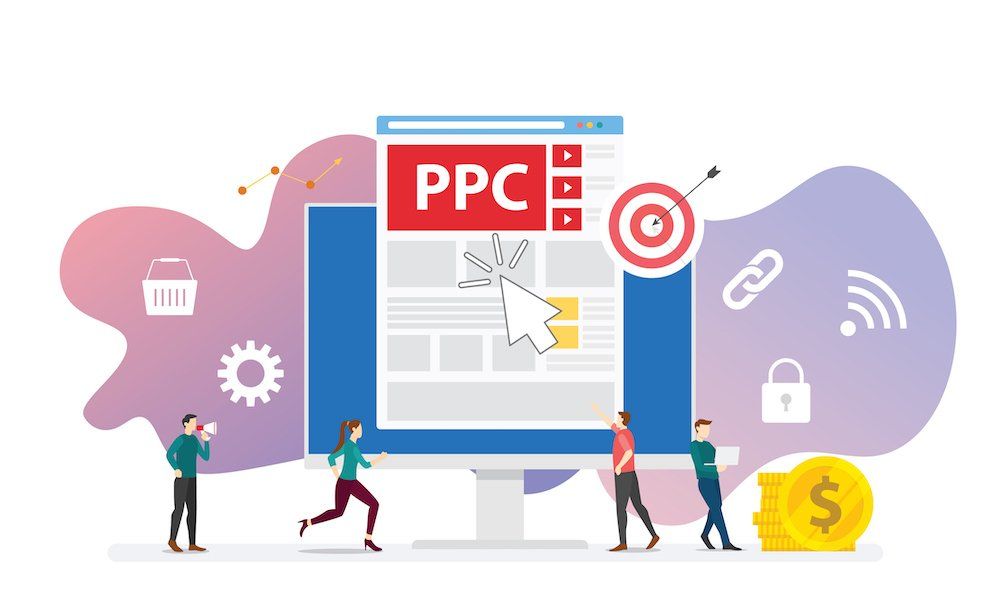
Do It Yourself - PPC
Is it really a smart choice?
There are many pitfalls to setting up your own PPC campaigns.
In an attempt to make it simpler Google introduced Smart Ads but they are not as effective and the standard ads, which are as complicated as they are flexible.
If you are going to take this on yourself then you need to do the following:
- Make sure you diligently do your keyword research first. You don't want to run ads that no-one will see
- Do NOT blindly use the Google recommended settings
- Break you advertising down into campaigns with each campaign dedicated to a keyword theme.
- Then for each campaign set up multiple ads
- Do not send your leads to the homepage on your website! Yes - a lot of people do and and it's probably the worst thing you can do
- Create a dedicated landing page for each campaign. If you don't know how to do this ask us
- Monitor the ads carefully, especially at first. Clear our keywords that don't get any clicks and replace them with new keywords
- Track and measure your results
- Test, Monitor, Analyse, Edit your ads ... and then do it all over again, and again, again
- Start slow and increase your ad spend as you convert leads into customers, re-investing some of the profits into more advertising.
There is more to consider so if you need help you owe It to yourself to get In touch with us.
We have service packages that do all the heavy lifting for you.
RETARGETING / REMARKETING
Have you ever felt that certain products and services seem to be following you around when you are browsing the internet? It feels like you are being stalked....
That is the power of RETARGETING and it's THE advertising product that every, single business should be using. So it's surprising that less than 30% of small businesses actually are.
Retargeting or Remarketing is another form of PPC. Once you have engaged with someone, either through website visits or paid advertising, with the correct tracking in place you can continue to show ads for your product or service via the Display Network. Websites that show ads can show your ads to specific visitors, those people who have already engaged with you.

